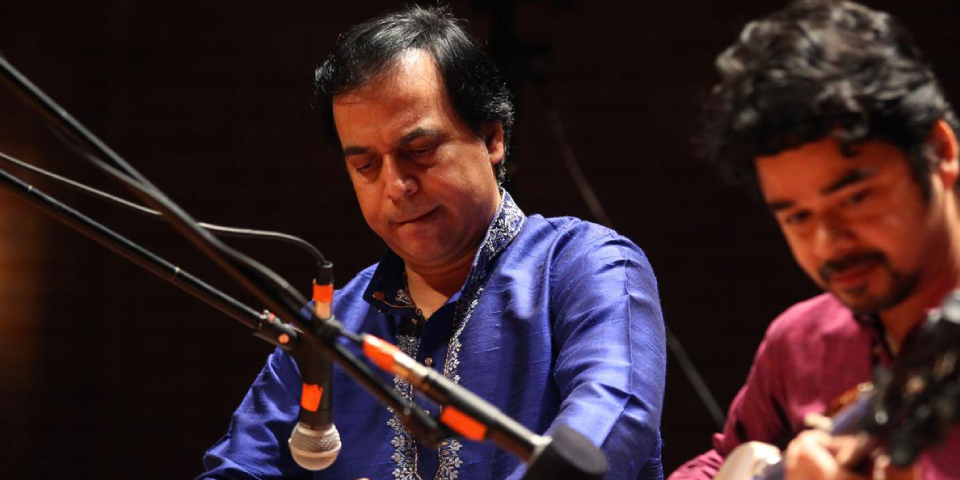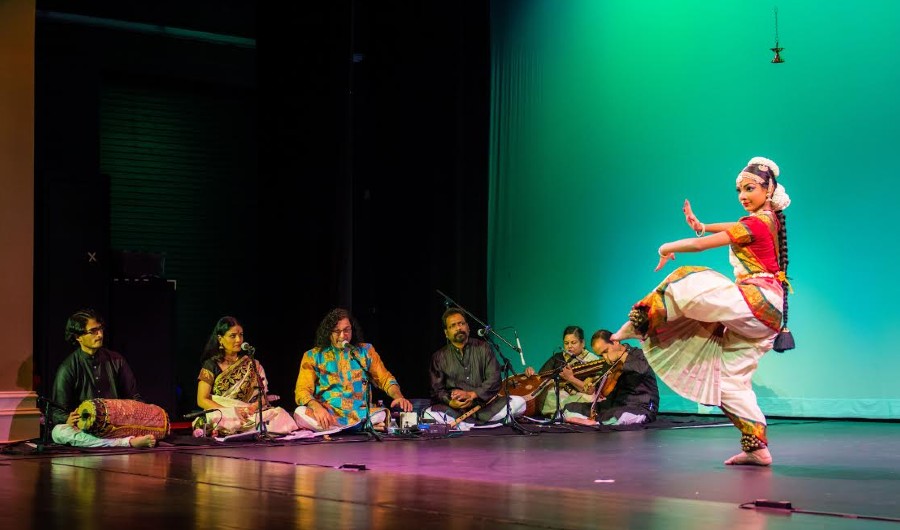The ultimate guide on the spiritual nature of Indian classical musicians

Best and cheap tools for learning Indian classical music
January 10, 2020
Enduring Evolution and Effects of Indian Classical Music
January 14, 2020The ultimate guide on the spiritual nature of Indian classical musicians

Why are Indian classical musicians so sacred?
One main reason why Indian classical musicians are ethical is that the entire concept behind the evolution of Indian classical music is either related to the holy divine or too patronizing activists. It would be vain to comment on the religious nature of Indian classical without understanding individual essential bits of the concept. And hence we would first establish and understand the relation of classical music with sacredness to fetch a complete description of its religious nature. To understand such a crucial issue, we would first go with the genesis behind the Indian classical music.
Why is Indian classical music associated with religious activity?
One of the main reasons is the ancient kings from the country would have liked to preserve the beautiful nature of Indian classical music. One best form of preservation in India is religious practices, and hence when a thing is attached to a religion, it will be practised for ages in the country. If the Indian classical music were not related to religious practices, there were higher chances of the beautiful form of music to be terminated from the state. One more interesting fact about the Indian classical music is it was practised even before the Christian era and hence to prevent it from getting disseminated the Indians had no other option rather than attaching it with their sacred beliefs.
The only reliable record for the existence of Indian classical music was Vedas during that time. Hence, religious preaching seemed to be a great idea to preserve Indian classical music.
Know More About : Get over the distractions the classical music way
The religious demand of the Indian classical music
One main reason described in Vedas is the priest used to sing various hymns to please their lords, and hence the chanting style of the priest was considered as RAGAS in the Indian classical music. One can also read the SAMAVEDA to verify the fact as it contains the collection of various hymns.
Impact of various religious on Indian classical music
India had to stay under a lot of restriction due to the foreign rule of countries following Islamic and other religious traditions. The whole new concept of Indian classical music evolution started from Delhi sultanate and ended at the British government.
Due to the influence of diverse styles and forms of other music like Persian and Turkish Indian classical music had to divide itself into two methods: the Hindustani style of classical music and the Carnatic style of classical music.
The Hindustani style of music had impurities of other influences. At the same time, the latter remained pure and is one of the natural forms to explore Indian classical music which is widely practised in South India.
Both the branches of the Indian classical music are quite similar to one another and hence express the divine nature of Indian classical music which is deeply associated with religious preaching.

